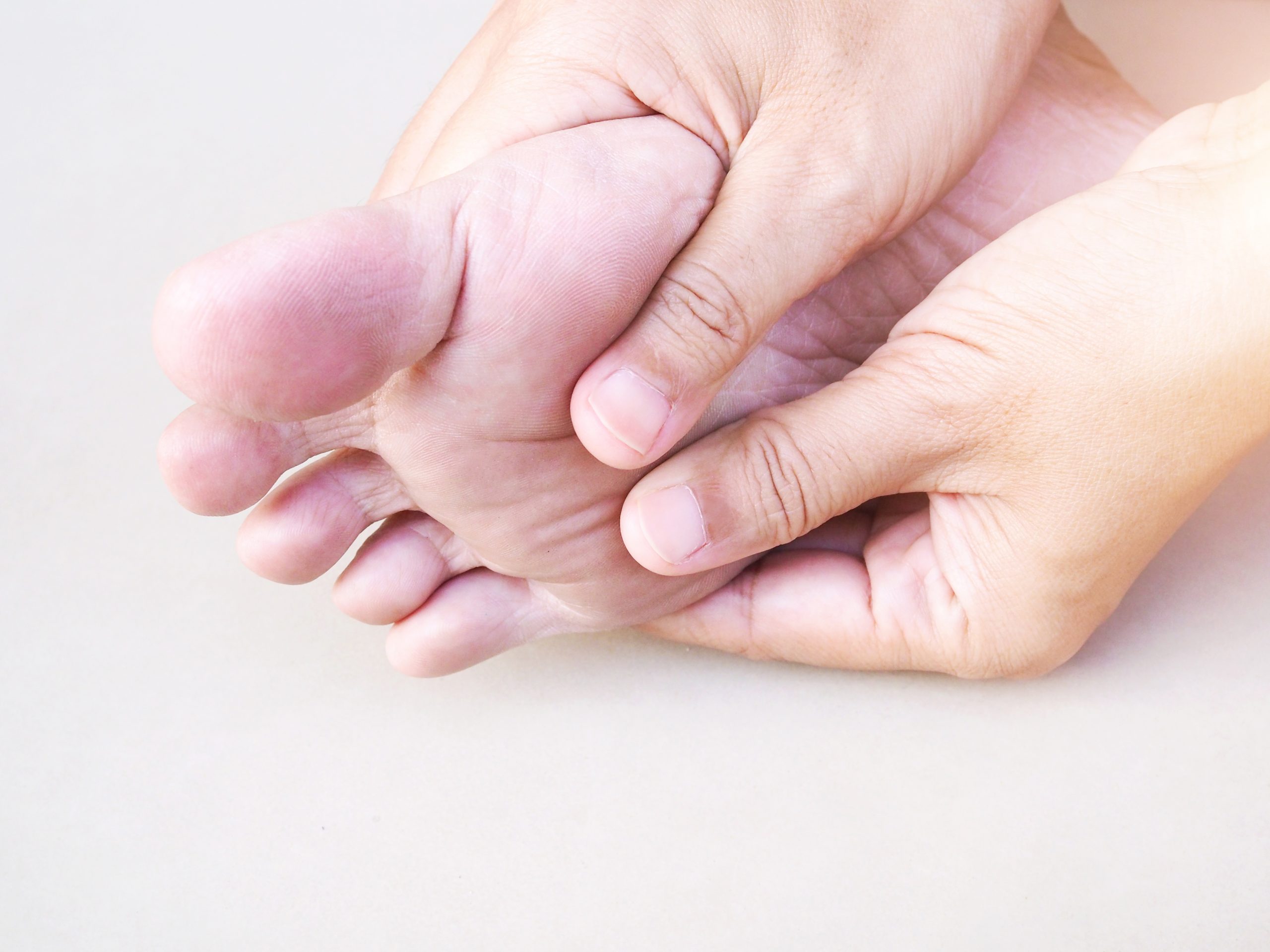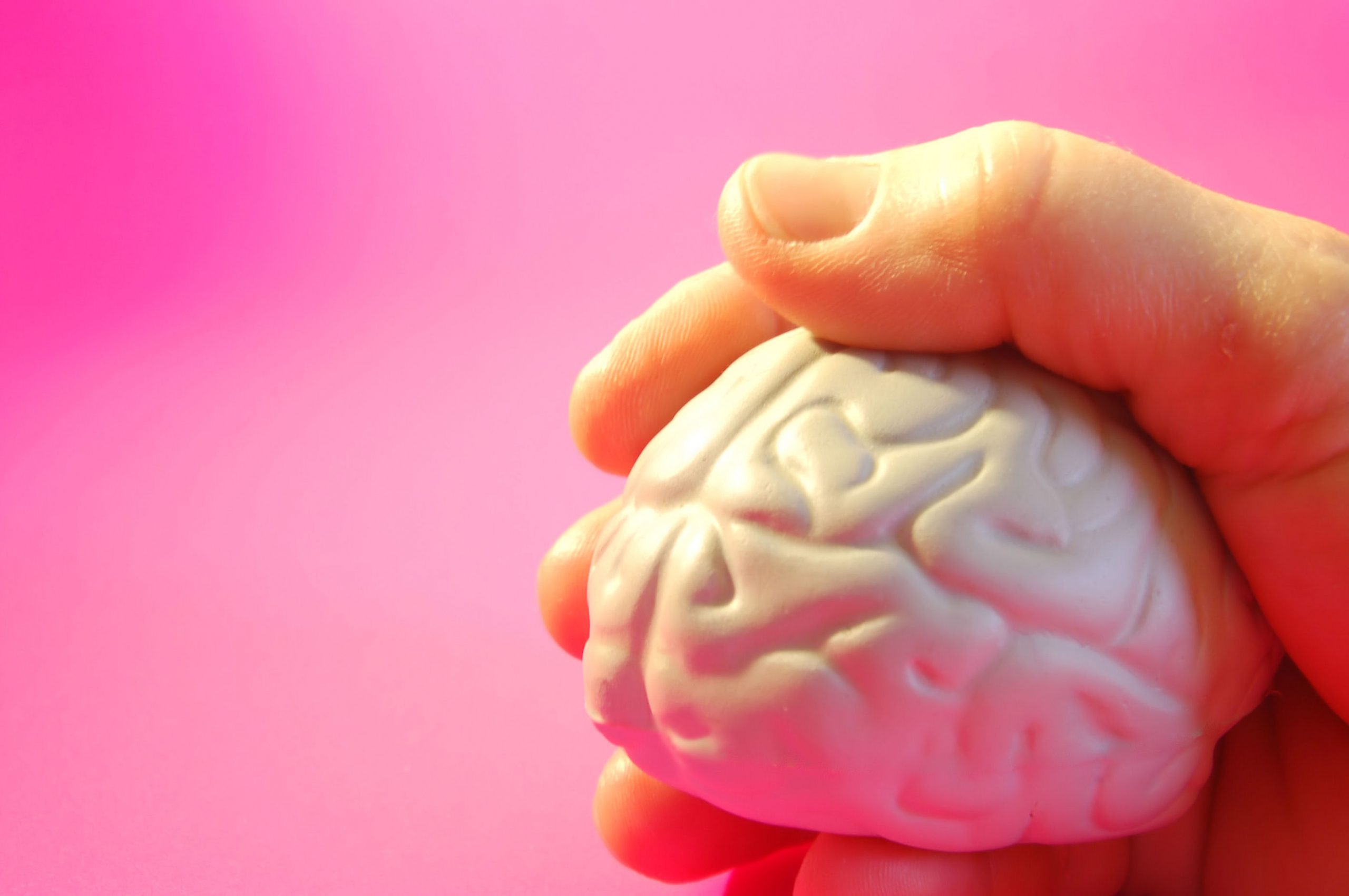NEUROPATHY RELIEF
- The most common: diabetes
- Traumatic injury
- Infection
- Metabolic Disorders
- Toxins
TYPES OF NEUROPATHY
Sensorimotor polyneuropathy: affects the sensory and motor nerves
Autonomic neuropathy affects nerves that control processes such as breathing, heartbeat, perspiration, etc.
Peripheral neuropathy often creates painful sensations described as tingling, burning, and prickling. With a condition such as this, a specific duration of the pain varies but generally improves in time. There is a better chance of improving the symptoms if proper treatment for an underlying condition is received. It is common to see the condition correlating with several life factors, such as poor nutrition, various diseases, trauma, or pressure on the nerves. In some cases, there is an unknown cause. This is referred to as idiopathic neuropathy.
CAUSES OF NEUROPATHY
There is not a single underlying cause for neuropathy. In fact, there may be no known cause which is referred to as idiopathic and makes up nearly 40% of all neuropathies. Also, nearly 35% of the remaining Americans suffering from neuropathy have diabetes. In fact, almost 70% of Americans with diabetes have developed a form of neuropathy due to the disease.
The remaining percent of neuropathies are composed of a group called acquired neuropathies. This group consists of causes such as Alcoholism, Poor nutrition, and nutritional deficiencies, Trauma, Pressure on nerves, Repetitive movements for extended periods of time, Various autoimmune diseases, Rheumatoid Arthritis, Lupus, Toxins, Heavy metal poisoning, Various medications, Certain cancer treatments, Hereditary neuropathies (from inherited disorders), Tumors and Other diseases, including but not limited to HIV/AIDS, Lyme disease, Liver disease, Kidney disease, and Hypothyroidism.
DIAGNOSIS OF NEUROPATHY
This condition is generally not a simple diagnosis to make. It is difficult because it is not often that it is a disease present alone rather a symptom of an underlying disease. There is a process that occurs before the diagnosis is made. The process may consist of:
- Full medical history
- Physical exam
- Neurological exam
- Tendon reflexes
- Muscular strength
- Muscular tone
- Sensory tests
- Postural analysis
- Coordination analysis
- Blood tests (check vitamin B-12)
- Urinalysis
- Thyroid function tests
- Nerve conduction test
- In some cases, a nerve biopsy may be requested by a physician.
OTHER NEUROPATHY TREATMENT OPTIONS
Anticonvulsants are another choice of treatment used for neuropathies. This type of medication is used because it blocks the incoming calcium within a neuron which ultimately inhibits the transmission of pain. A less favorable medication used is opioid narcotics. These are not used very often because of the chance the patient may become addicted and dependent although they are usually the most effective for alleviating the pain. Topical creams that may be used are lidocaine or capsaicin.
There are also alternative therapies available. Some of that have been used are: Cannabinoids, Botox, Ketamine, Dietary supplements, Therapeutic massage, Yoga and Acupuncture.
Neuropathy may be treated with a class of therapy known as neuromodulators. This may require surgical implantation of electrical or chemical implants. These include:
- Spinal cord stimulators
- Spinal pumps
- Electrodes – used to stimulate the motor cortex
- Deep brain stimulation
As always remember that if you have questions you can call our team for more information or for a consultation appointment.

The symptoms of peripheral neuropathy often include:
- A sensation of wearing an invisible “glove” on your hands or a “sock” bunched up while wearing a shoe.
- Burning sensation or freezing pain, extreme sensitivity to touch
- Sharp, jabbing, shooting, or electric-like pain
- Tingling
- Numbness
- Difficulty sleeping because of feet and leg pain
- Loss of balance and coordination
- Walking and balance difficulties
- Muscle weakness, cramping/twitching
- Restless Leg Syndrome
- Difficulty walking or moving the arms
- Unusual sweating
- Abnormalities in blood pressure or pulse
The protocol is designed to give your body the chance to heal nerve damage.

- Improving nutrition to the damaged nerves.
- Increasing circulation to the damaged peripheral nerves.
- Reducing inflammation and pain.
- Stimulate electrical and chemical processes to reduce pain and initiate prompt nerve tissue healing.
- Stimulate peripheral nerve cell regeneration and repair.
After a thorough consultation and discussion of your symptoms a custom-tailored treatment plan will be crafted for you so that you can begin your healing.
We have created programs that are effective in treating Neuropathy. Each patient will receive a specific program for them as each patient presents differently.
With a combination of time-tested medicine and cutting-edge technology our results are excellent.
To learn more, call Advanced Healthcare Solutions at (919) 846-2239 for a Free, No Cost consultation to see if this program is right for you.
In addition, to the Free consultation, you will also receive Free digital imaging which can show the pattern of inflammation or lack of blood flow caused by neuropathy and the damage that has occurred.
If we feel we can help we will let you know. If we feel that you can be better served with a referral to another type of therapy, we will make that suggestion as well.
